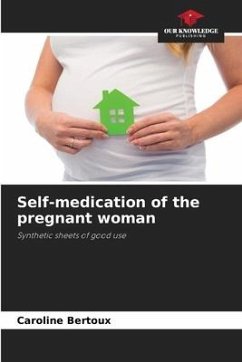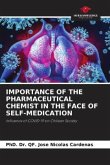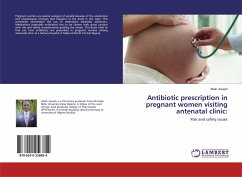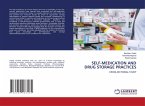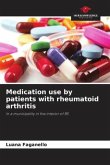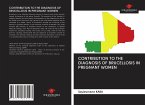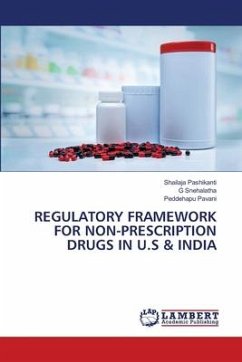In the 18th century, Furetière, a member of the Académie Française, distinguished between situations where one "medicated" oneself (self-medication) and those where one "medicated" oneself (with a prescription) (Baumelou et al., 2006). Today, self-medication is the act of treating oneself without a medical consultation and with drugs delivered without a prior medical prescription. Self-medication drugs are subject to a marketing authorization (MA) but are not included in the lists of poisonous substances (I, II, narcotics), so a prescription is not necessary. Self-medication is a widespread phenomenon in France since more than seven out of 10 French people resort to it (AFIPA, 2013). However, this behavior is not without risk: misuse (abuse, dosage errors...), loss of chance (delayed medical care...), overdose, interactions, adverse effects and dependence. It is therefore very important that patients who resort to self-medication seek information from health professionals, i.e. the doctor or the pharmacist.
Bitte wählen Sie Ihr Anliegen aus.
Rechnungen
Retourenschein anfordern
Bestellstatus
Storno

